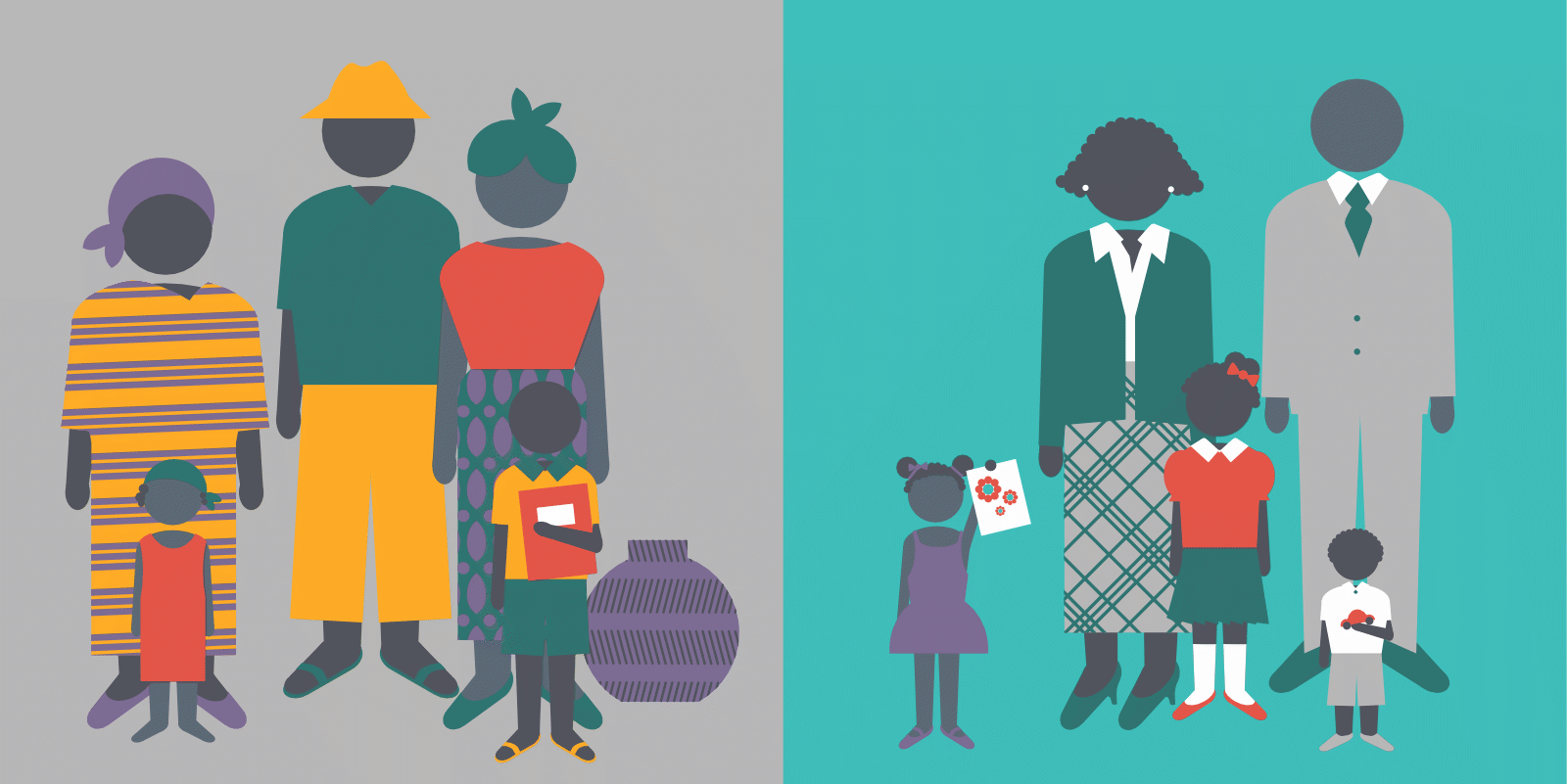© 2000-2025 - Enkey Magazine - All rights reserved
ENKEY SNC - VAT ID IT03202450924 / REA Code CA253701 - Phone. 078162719
The 25th of September of the 2015, the United Nations approved the Global Agenda for the sustainable development and its relative 17 Purposes of sustainable developments, better known as Sustainable Development Goals (SDGs) to reach until the 2030. The new Agenda knows the depth relationship between the human welfare and the natual systems one, and the presence of common challanges that all the countries have to follow.
“The new agenda is a promise by leaders to all people everywhere. It is an agenda for people, to end poverty in all its forms – an agenda for the planet, our common home”
Ban Ki-moon, United Nations Secretary-General
The Purposes of the sustainable development have to be realized globally by all the ONU’s members countries. That means that all the countries, both the developing countries and the advanced ones, are called to give them support to realize them. The changing’s progress of the development’s model will be checked through a complex system focused on 17 Purposes, 169 Targets and up to 240 indicators from which we could deduct the progresses of a specif country in the reaching of the sustainable development’s purposes.

Our planet in the 2030
Every one of the 17 Sustainable Development Goals is strongly needed both for the humans and for our planet:
- beat the poverty in every shadow and from every place;
- beat the hunger, improve the nutrition and promote the sustainable agriculture;
- ensure the good health and a well-being life at every age;
- guarantee a quality education;
- guarantee the gender equality;
- guarantee clean water and sanitation services;
- obtain affordable and clean energy;
- reach a high-quality employment, economic growth and a decent work for every one;
- create infrastructures, promote the sustainable industralitation and encourage the innovation;
- reduce the inequality inside the countries and between them;
- obtain sustainable cities and communities;
- guarantee the responsible usage of the resources (apply sustainable consumption and production’s models);
- fight against the climate changing and its impact;
- protect, restore and promote the sustainable usage of the sea;
- protect, restore and promote the sustainbale usage of the land, fight the deforestation and stop the loss of biodiversity;
- guarantee peace and justice for everyone by creating strong institutions;
- reinforce the modes of implementations and relaunch the global partnership for the sustainable development.

A better world for everyone
As global community, the achieving of the Sustainable Development Goals is our moral duty. Like is possible to see, the 17 Sustainable Development Goals that compose the Agenda 2030 are about different fields of the social, economic and environmental development. They can seem 17 purposes independent of each other but between the lines, we can see the common thread: the equality. The Sustainable Development Goals have the imperative to must be follow everywhere in the world. Those 17 purposes are really similar to a reaffirmation of the human rights that unfotunatelly, still today, aren’t fully guarantee or even don’t respect the equality distribution. The equality’s ideal is essential and probably in those years we weren’t able to follow it, even though many people worked hard to let it became true. Forces like the colonialism, the racism and the disequality of gender really excluded many people from the primary benefits, of which only the most civilized countries can enjoy. Often we think that the progress, the welfare and even the rights are for few: for the riches, for the élite. But in this case this can’t be conceivable: with the Sustainable Development Goals the world is busy with a vital mission that can improve the life of every human regardless of the nationality. Common purposes means that they concern all the countries and all the people: no one is excluded, no one has to be left behind along the needed journey toward a sustainable future for the world.

This post is also available in:
 Italiano
Italiano


